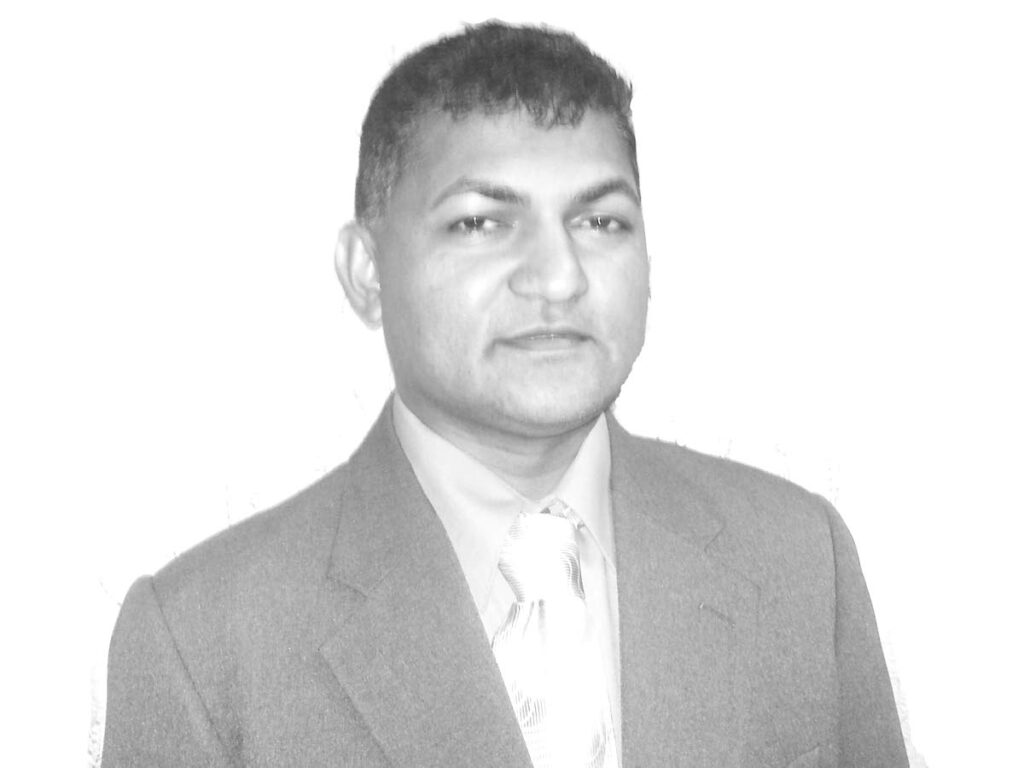Who needs a president?

DR RAMCHAND RAMPERSAD
AMIDST all the hype surrounding the appointment of a new president for our republic state, I tried to imagine what her typical day is like. I pictured a life of royalty, such as that of a queen: waking up in the morning in her royal robe, having her choice of breakfast while basking at the poolside, spending the next two hours in her private gym, relishing her mid-morning massage, followed by her midday nap; in the afternoon, she would be chauffeured around the city to an exotic beauty salon, then a game of golf or similar; returning to her royal home for evening dining with prominent people.
This may be considered a reasonable analysis by any rational citizen based on the modus operandi of past presidents, their method of appointment, and knowledge that the qualification for the job is: “A person must be of age thirty-five years or upwards who, at the date of his nomination as president has been ordinarily resident in Trinidad and Tobago for ten years immediately preceding his nomination.”
I tried to discern any constructive national impact of the sitting president over the past five years. Just two references came to mind, neither of which I can justify as positive impressions.
Firstly, the controversy with appointing the Commissioner of Police, still under scrutiny, and which questions the reliability and impartiality of this office in carrying out its responsibilities. The president will soon demit office but the unpalatable national image that this episode has generated, continues to haunt us.
The more salient presidential memory refers to a statement from her office with respect to her 2022 Christmas message: “There will be no video Christmas message this year from Her Excellency. This is because Her Excellency’s nonagenarian mother with whom she lives has contracted covid and, as is recommended, Her Excellency is in quarantine.”
Now, this statement either considers our citizens to be dumb or should have caused us to become dumbfounded. The act of quarantining has been with us for over three years and has never stopped business from continuing; technology has enabled employees to work from home; even primary school students are proficient computer users, attending online classes; media allow digital messages to be shared from one’s bedroom to the rest of the universe.
Yet our President could not find just five minutes to record a Christmas message and broadcast it to her citizens. Were we, peasants as it may appear, not worthy of such small effort? Such mindset validates that the President is not obligated to any cause or anyone. We, the citizens, are subjects of her royal discretions.
Our Constitution provides for a president who is the head of state and commander in chief of the armed forces. Yet, as our murder rate catapults beyond historical levels, there are no comments from the President on national security matters.
But then again, what can we really expect if we are subjected to the adage, garbage-in, garbage-out, meaning: faulty inputs will yield faulty results. The garbage-in starts with the process of selecting a president. To better understand, let’s analyse the selection process for the new president:
The Prime Minister calls the Opposition Leader to a meeting, whom he advises of his nomination for president and then announces it to the public. The Opposition Leader subsequently announces her own nomination. Both nominations are voted upon by secret ballot by the Electoral College.
And who is the Electoral College you may ask? All the members of the Senate and all the members of the House of Representatives, which always equate to a majority in favour of the sitting government. Basically, our democracy empowers the Prime Minister to select the President.
Wikipedia profiles the forthcoming president as: “Kangaloo is a long-time member of the People’s National Movement, has served as an opposition senator, minister in the Office of the Prime Minister, minister of legal affairs and minister of science, technology and tertiary education in previous governments.”
Are you surprised then that the Prime Minister is taking extreme measures, holding press conferences to defend this selection?
Historically, presidential appointments are of a partisan nature. Questions of impartiality of decisions and appointments will always arise with a president who is entwined in the bosom of party politics. Should the Prime Minister impose upon us such highest form of nepotism against a public outcry that rejects the nomination? Should our already dysfunctional nation be further compromised by extraneous political agendas?
If the appointment process starts with controversy, what outcomes can we reasonably expect? More than ever, this action now warrants heightened demands for constitutional reform to address these loopholes. With annual expenditures of over $1 million to sustain a president, are we getting value for money?
After all is said and done, do we really need a president?


Comments
"Who needs a president?"